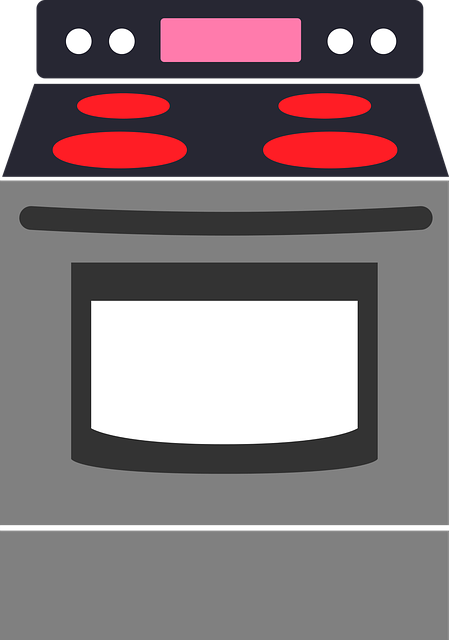
When it comes to sensory pleasure, little comes close to a well-made meal. But to make all your savory meals, you’ve got to have the right oven. How can you pick the best one to suit your needs? We’ll look into it more in this post. But first, before going further into the article I would highly recommend you take a look at the latest electric dishwasher.
What Exactly is an Oven?
Before choosing your next oven, it would be wise to understand what exactly it is. To understand better, we’ll look at 3 distinct cooking devices:
Oven
It is a simple enclosed chamber that is used to bake, grill, and cook food using gas or electricity. It has no external burners.
Stove
On the flip side, a stove (sometimes known as a cooktop) is a standalone cooking device without an oven. It uses either gas or electricity to heat and cook a meal. The stove is often recessed on a kitchen countertop or a cooking island and has control knobs.
Range
A range combines a stove and an oven, both of which are powered by gas, electricity, or a mix of the two. Although a range and an oven are 2 distinct devices, the terms are frequently used interchangeably to describe a range. In light of this, the ovens discussed here will actually be talking about ranges (stove and oven combinations). That’s mostly because getting a range is more economical than buying both appliances separately.
Choosing the Perfect Oven
Before choosing the perfect oven, you must first assess your lifestyle and the ideal cooking environment. This way, you can get one that has the best features for your specific needs. Some questions to help you with this are:
• Are you a novice cook who needs a stove with a range of efficient heat settings?
• Perhaps a home baker in need of a sizable oven to bake consistently and evenly?
• Do you want to spend as little time in the kitchen as possible or do you enjoy preparing multiple little meals?
• Do you frequently need to prepare a lot of food for parties and family get-togethers?
With the right answers to this question, you can establish the right size, type, and other settings to consider in an oven.
Best Oven By Fuel Type
Let’s start with the fundamentals. What is your preferred fuel type? Do you need an electric oven, gas, or a combination of the two?
Gas Ovens
Gas ovens are among the most frequently used types of ovens. They can run on liquid propane or natural gas. Choose propane for a faster flame and natural gas for a cheaper source of fuel. To know how powerful a device is, you should look at the British thermal unit (Btu) ratings for both types. This rating specifies how much energy each type of fuel contains, which in turn specifies how powerful the device is.
A gas oven is beneficial when you need a specific Btu rating for the foods you intend to cook. That’s because it restricts the amount of heat used when cooking. Rather than placing your cookware directly onto a flame, a gas stove has a grate that shields the open flame.
Pros of Gas Ovens
• Professional chefs prefer gas ranges because they provide them with better control over temperature, especially on the cooktop.
• You can save power by using the quick flame instead of waiting for the stovetop to heat up as is the case for electric ovens.
• A gas oven needs less time and less energy to pre-heat, saving both time and energy.
• When a gas oven is turned off, the moist heat is produced almost immediately to cause the food to stop cooking.
• Compared to electric ranges, gas ranges are more dependable, endure longer, and can even be used if the power goes out.
Cons of Gas Ovens
• A gas range is more expensive than an electric range, especially if your kitchen does not already have a gas line.
• To make sure that everything is legal, you must have a gas-safe engineer install your range.

